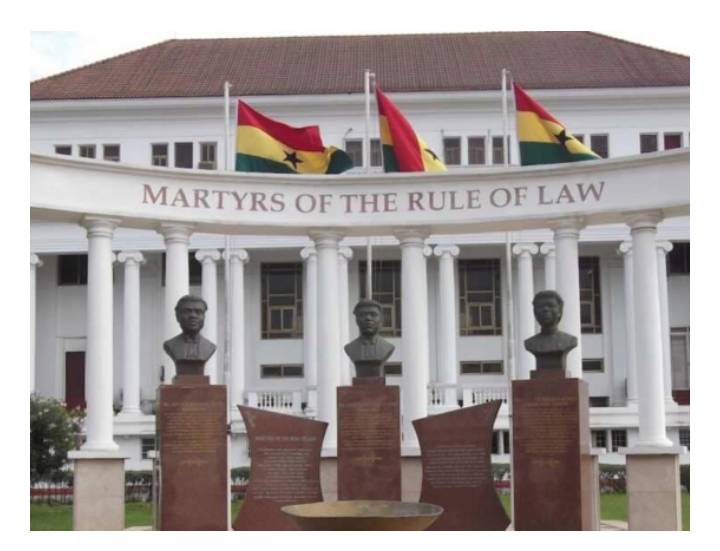The Supreme Court of Ghana has clarified its recent ruling concerning Members of Parliament (MPs) who change political affiliations during their tenure, stating that any MP who switches party allegiance mid-term must vacate their parliamentary seat. This judgment, delivered in response to a suit filed by Majority Leader Alexander Afenyo-Markin, upholds the constitutional intent to maintain party integrity within Parliament.
In its ruling, the court referenced Articles 97(1)(g) and (h) of the 1992 Constitution, which govern the conditions under which an MP’s seat becomes vacant. The court emphasized that these articles apply exclusively to MPs serving in the current parliamentary term and are not intended to restrict an MP’s future political choices outside of their active term in office. Therefore, MPs seeking to contest future elections under different political banners are unaffected by this ruling, as it pertains solely to shifts in affiliation while holding office.
The court also extended this ruling to independent MPs, stating that if an independent MP joins a political party during their term, they too must vacate their seat. The justices explained that this requirement upholds the mandate of MPs as elected representatives of a specific political identity, whether party-affiliated or independent. By vacating their seat upon a mid-term switch, MPs respect the voters’ choice and maintain the integrity of parliamentary representation.
To emphasize, the Supreme Court stated that “an MP’s seat shall be vacated upon departure from the cohort of his elected party in Parliament to join another party in Parliament while seeking to remain in that Parliament as a member of the new party.†In other words, switching political affiliation while attempting to stay in office within the same term is grounds for an MP’s disqualification.
The court’s ruling seeks to prevent conflicts and instability in parliamentary composition caused by shifting allegiances during a term. It underscores the importance of aligning with the party or independent status on which an MP was elected throughout that parliamentary cycle.
In conclusion, this landmark ruling by the Supreme Court reinforces the intent of Articles 97(1)(g) and (h) to safeguard stability in Ghana’s political landscape by ensuring MPs honor their electoral mandate. This decision sets a precedent in clarifying the boundaries of parliamentary loyalty, with the court reiterating that the rule applies strictly within the current term and is not meant to regulate future electoral ambitions.
Source:MyjoyOnline


